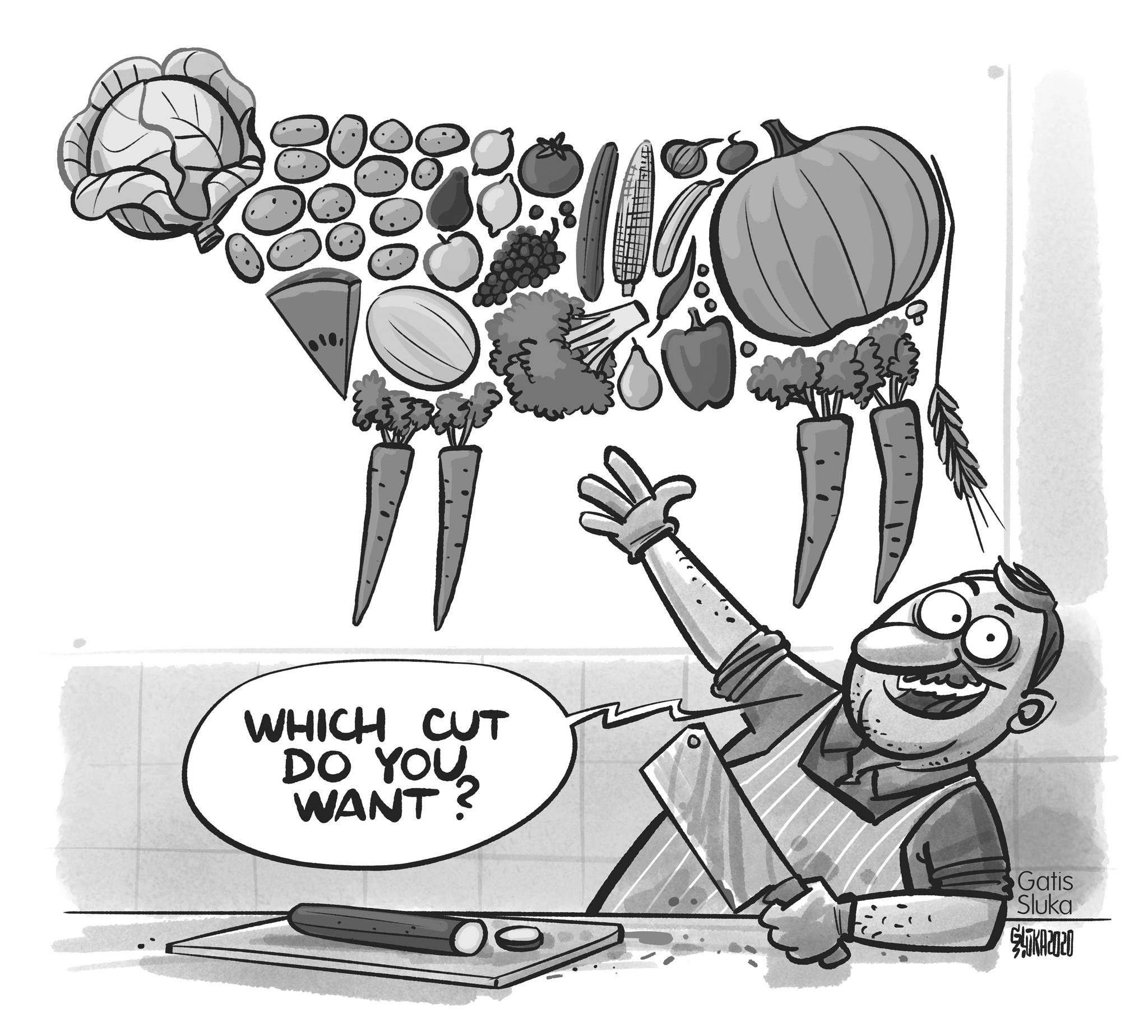A recent survey of 2,000 U.S. residents suggests that 1 in 5 Americans is “vegan-curious,” a term researchers use to describe people who are interested in trying more healthful, humane vegan foods.
According to the “Thinking Past Meat” survey, a growing number of Americans are eating more vegan foods, and nearly 20% of the survey respondents said the foods they eat now are radically different from what they ate five years ago.
One in 3 survey participants identified as either vegan, vegetarian or flexitarian — someone who mainly eats plant foods but occasionally eats meat — and about half of the other participants have either tried or thought about going vegan.
If you’re “vegan-curious,” too, you’re in luck, because it’s never been easier to go vegan. While a healthy diet should include a lot of fruit, vegetables, beans, whole grains and other wholesome plant foods, you’ve likely also seen vegan meats from Beyond Meat, Gardein and other popular brands.
Vegan meats, like all vegan foods, are cholesterol-free and tend to be low in saturated fat compared to animal flesh. Scientists from Stanford Medicine have even found that “a diet that includes an average of two servings of plant-based meat alternatives lowers some cardiovascular risk factors compared with a diet that instead includes the same amount of animal meat.”
Dairy-free foods are also healthier (not to mention kinder to animals and better for the environment) than dairy products. If you’re looking for a snack, you can often find dairy-free yogurts from Chobani alongside Oatly oat milk and other vegan items in the “dairy” aisle. And vegans can indulge in many decadent treats, e.g., Ben & Jerry’s makes at least 19 nondairy ice cream flavors, and other well-known ice cream companies, including Haagen-Dazs and Magnum, have introduced vegan options as well.
If you aren’t vegan-curious yet, here’s some food for thought: The Academy of Nutrition and Dietetics says people who go vegan reduce their risk for developing heart disease by 29% and their likelihood of being hospitalized for a heart attack by 33%. They also reduce their risk for diabetes by as much as 62% and their risk for all types of cancer by 18%.
Men can lower their chances of developing prostate cancer by 35%. Vegans also tend to have a lower body mass index, or BMI, than nonvegans, and going vegan can help strengthen one’s immune system and ward off the worst symptoms of COVID-19.
Oxford Martin School scientists believe that if everyone went vegan, it would save up to 8 million human lives, reduce greenhouse gases by two-thirds and avoid $1.5 trillion worth of climate-related damages by 2050. And going vegan won’t just help save human lives and prevent environmental destruction — it’s also estimated that each vegan spares nearly 200 animals every year.
Animals are made of flesh and blood, just as we are. But those raised for food are confined to filthy, severely crowded cages, stalls, sheds and warehouses for life, separated from their loved ones, mutilated and killed in painful ways. Chickens, turkeys and pigs are hung upside-down, scalded and bled to death, sometimes while they’re still conscious. Calves are torn away from their mothers to be killed for veal or turned into virtual milk machines. Fish are typically either gutted or left to suffocate out of water, and shellfish are often boiled alive.
The cruelty alone should be enough to move people past the “curious” stage and persuade them to go vegan. But we all have to start somewhere. Whether you’re simply curious or raring to go, check out PETA.org for more information and a free vegan starter kit.
Heather Moore is a senior writer for the PETA Foundation in Norfolk, Virginia.



